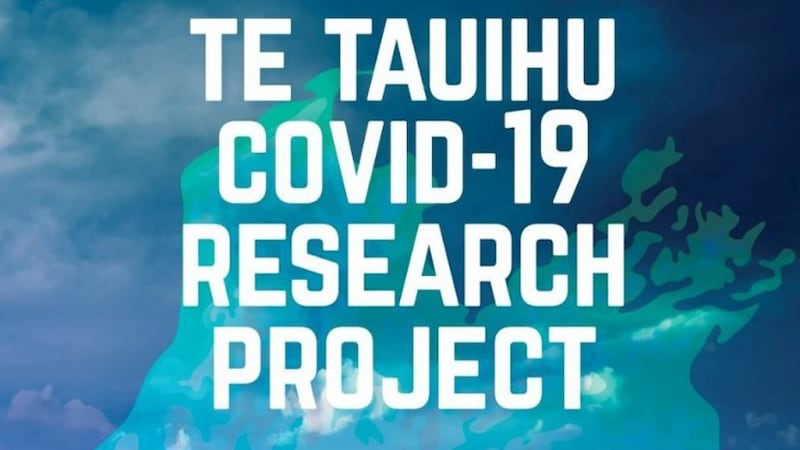Iwi and Māori health providers in the top of the South Island have launched a research project to better understand the voices of Māori and their experiences throughout the Covid-19 pandemic.
The Te Tau Ihu Covid-19 Research Project is part of the Te Tau Ihu Covid Māori Action Plan 2022, which aims to reduce inequities for Māori in the local Covid-19 response.
All Māori across the rohe are being called on to take part in the study.
“Local Māori health providers, Te Piki Oranga, Te Rūnanga o Ngāti Toa Rangatira, Te Hauora o Ngāti Rārua and Waikawa Marae, along with Te Whatu Ora – Nelson Marlborough have been working together since the start of the pandemic to help reduce inequities in the response, with a more formal grouping established at the end of last year,” says Dr Lorraine Eade, pouwhakahaere rauemi (operations manager) for Te Kotahi o Te Tauihu Trust, a collaboration of the eight iwi of Te Tauihu.
Te Kotahi o Te Tauihu Charitable Trust was set up by the eight iwi of Te Tau Ihu o Te Waka-a-Māui (top of the South Island) in February 2021 to advance health and wellbeing, alleviate poverty, ensure adequate food and housing is available and promote education and skills for the benefits of the communities of Te Tauihu (the top of the South Island) and in particular in Māori communities.
Eadie says the collaboration between groups resulted in the action plan.
Identifying gaps
“But, despite our best efforts, and despite the really strong partnerships we have developed along the way with our local health authorities, we know inequities still exist. There are gaps and we need to identify exactly where those are from a whānau point of view.”
Eade says the purpose of the research can be summed up in three words: “To do better.”
Dr Melissa Cragg is the research project lead. Based in Wairau, she has dedicated the past two decades to achieving better health outcomes for Māori. She has held a range of health sector roles, including senior project manager – mental health directorate, Ministry of Health, Kaiwhakahaere Kaupapa at the former Nelson Marlborough District Health Board, Te Kaihautū at Poutini Waiora and is a member of Hei Āhuru Mōwai, the National Māori Cancer Leadership Board.
She says when it comes to health inequity, the voice of whānau Māori is integral to finding solutions. She is therefore encouraging as many of the 18,000-strong Te Tau Ihu Māori population as possible to take part.
Whānau resilience
“A study such as this is a snapshot in time and is reliant on those whānau who choose to take part. That’s why it is important for a wide range of whānau to share their experiences with us, so we have as full a picture as possible.”
Cragg says there are no fixed ideas in terms of themes that might emerge. While there are known challenges, she says there will also be many stories of whānau resilience.
“We know from informal conversations with whānau to date what some of the challenges have been but anticipate the breadth of this will become more apparent once we speak with a wider range of whānau across Marlborough, Nelson and Tasman.
“Challenges can cover a full range of things, like financial impacts through lost income or reduced hours at work, and the flow on from that; mental health impacts, including for those who have never experienced any form of mental health distress. Then there are the conflicting views within whānau regarding vaccination as well as access to services and support. These could all be part of the many experiences that are shared through this project.”
Whānau voices
The project will be underpinned by kaupapa Māori methodologies and will therefore centre on whānau voices and experiences. Research will involve a conversation with a research assistant, either by phone, Zoom, or in person. There is also an option to answer questions using an online form.
“The kanohi ki te kanohi (face to face) approach allows whānau to share in a safe, non-judgemental space. For many, it will be the first time they have been asked to share their experiences and many find it very powerful and therapeutic.
And from a research point of view, it also has great benefits: “You cannot get any truer than whānau experience.”
Whānau Māori who live inTe Tau Ihu o Te Waka-a-Māui (Nelson, Tasman and Marlborough) who want to take part in the Te Tauihu Covid-19 Research Project can register with Dr Melissa Cragg by emailing melissa.cragg@xtra.co.nz. Or, for more information, see the Te Kotahi o Te Tauihu Trust website

